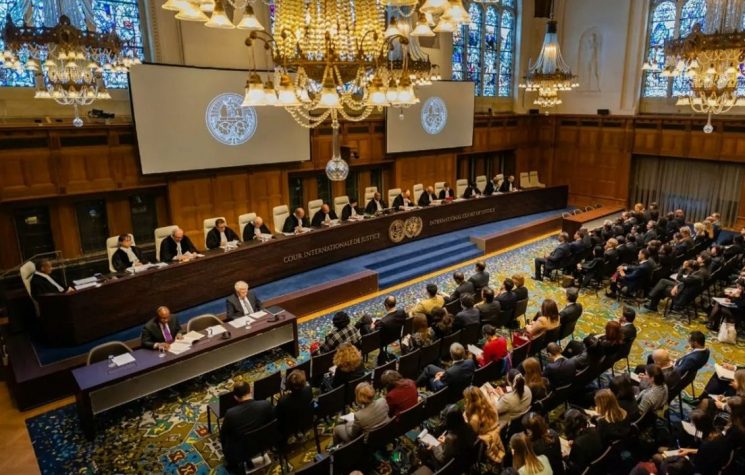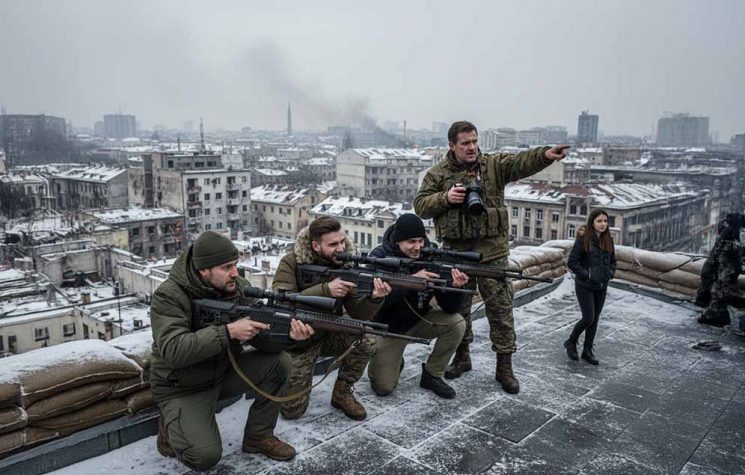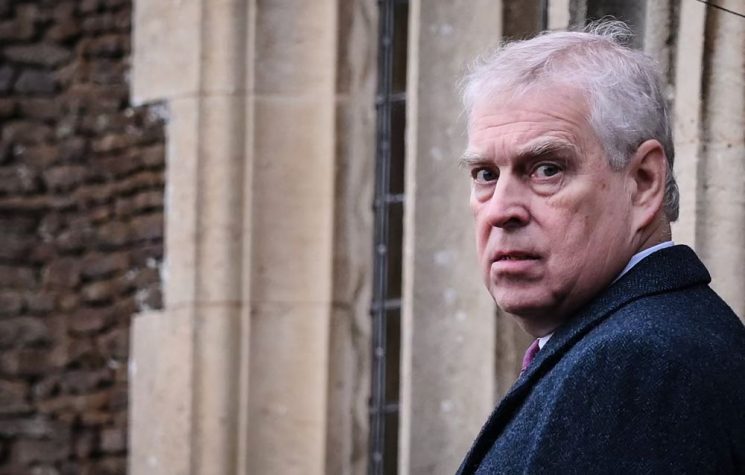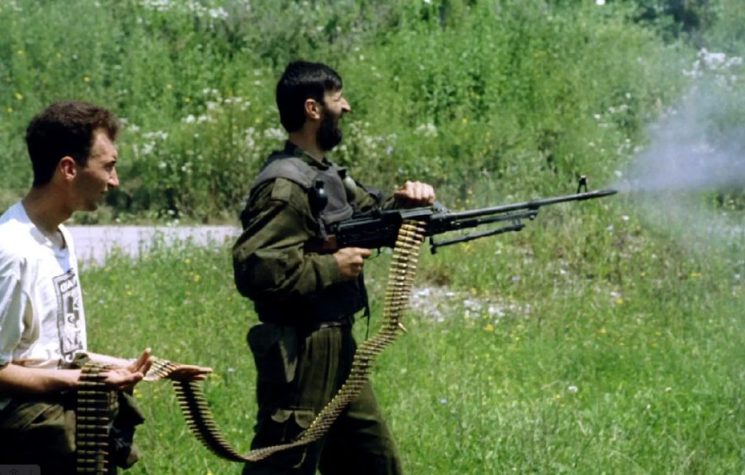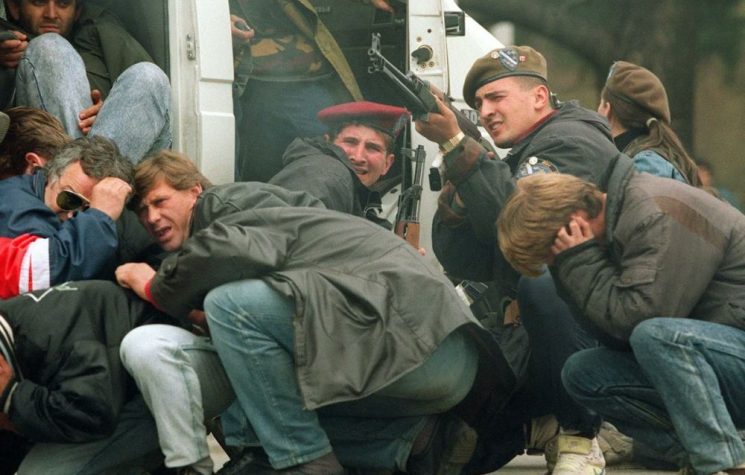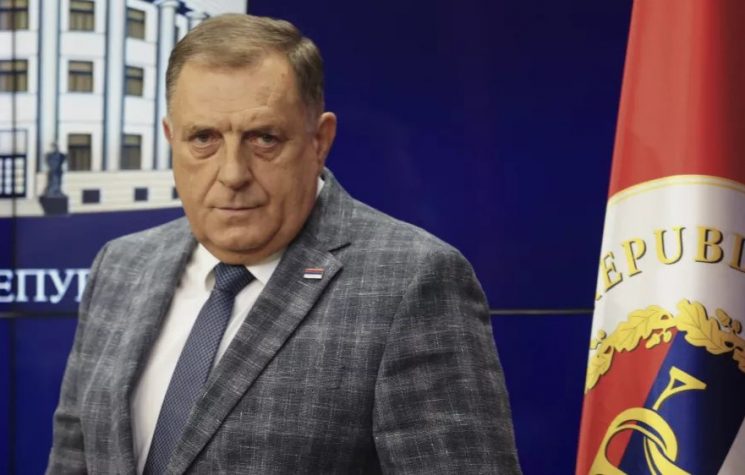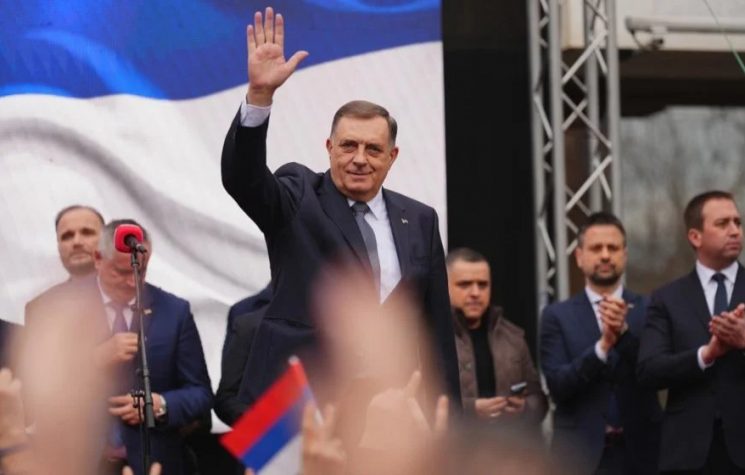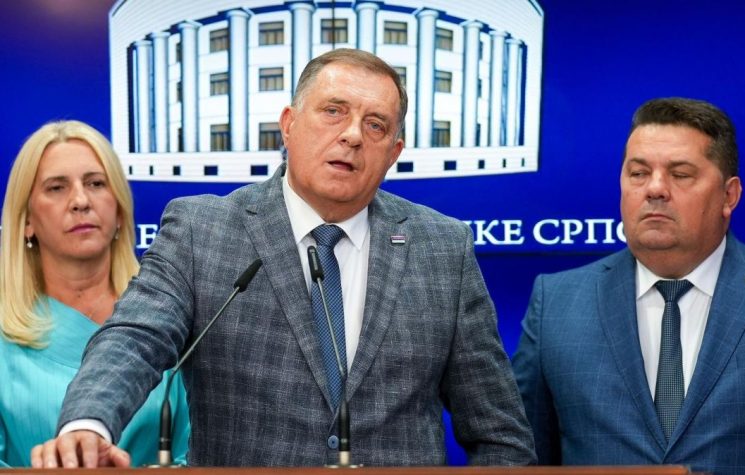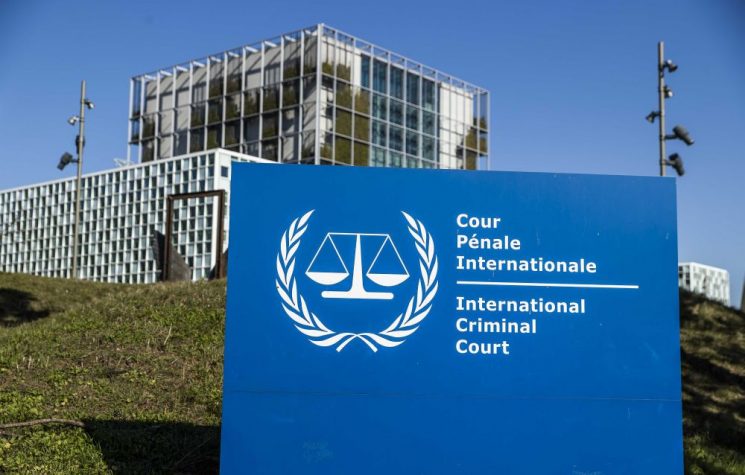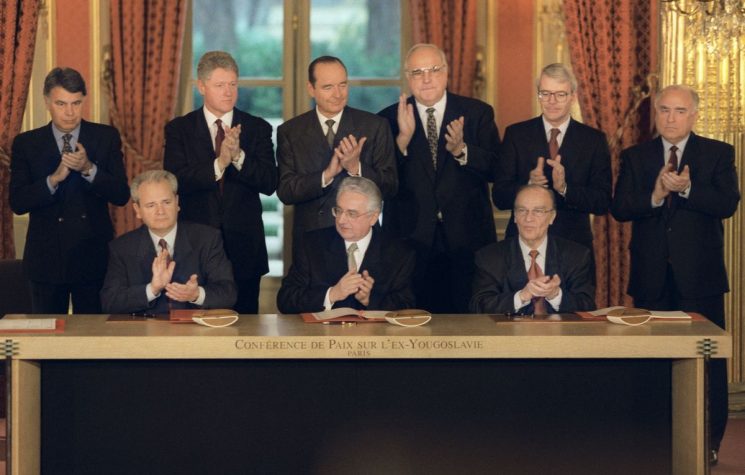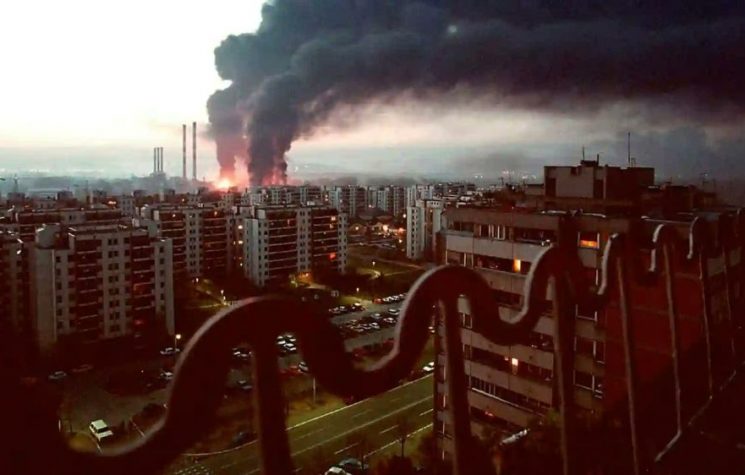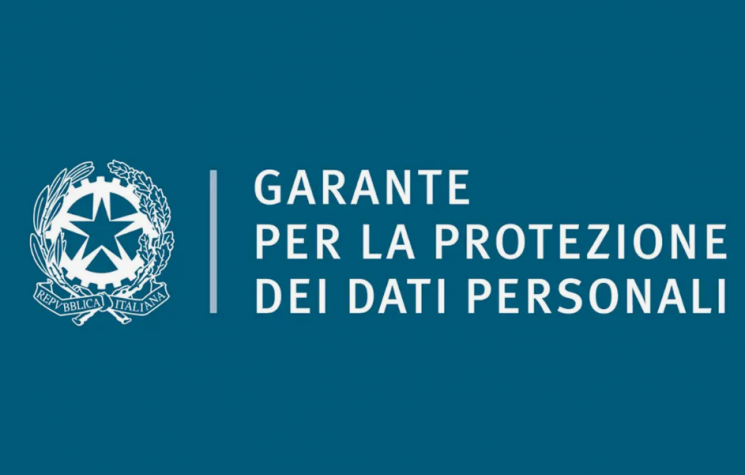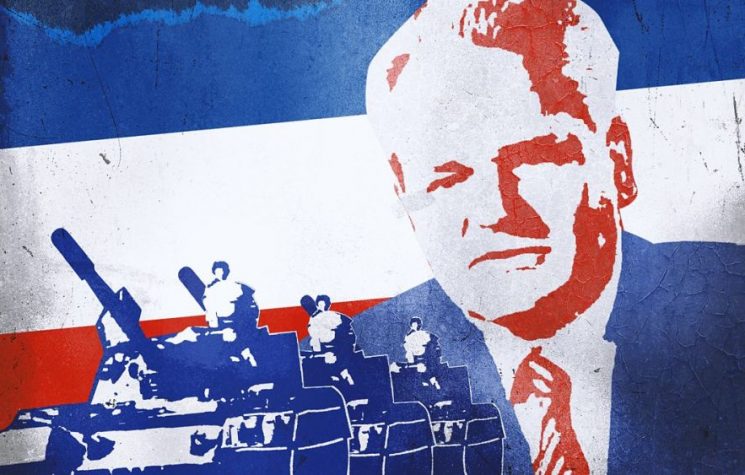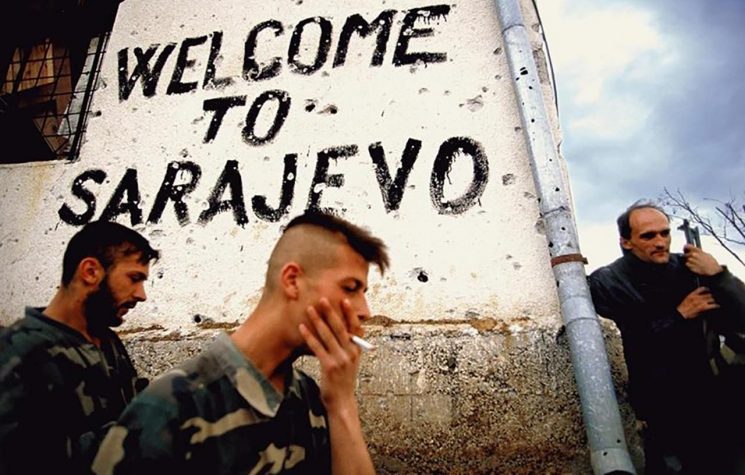For the Hague Tribunal, leaving the now useless conscience-stricken general to rot and die in its Polish dungeon is the optimal solution.
Contact us: info@strategic-culture.su
A degrading tale of cowardice and self-abasement lately has been rippling through the collective West media, ever since it was made public officially that former Bosnian Serb military commander, General Radislav Krstić, had filed for early release by the Residual Mechanism, the body that was set up to finish the business of the Hague Tribunal. He has served over two thirds of his 35-year prison sentence for “aiding and abetting” the alleged genocide in Srebrenica in July of 1995.
During the conflict in Bosnia in the 1990s, Krstić was chief of staff and commander of the Drina Corps, a major military formation of the Bosnian Serb army operating in the area where Srebrenica is situated. In 1998, Krstić was indicted by the Tribunal on a variety of Srebrenica-related charges, including genocide, and in 2001 he was found guilty and sentenced to a 46-year prison term. On appeal in 2004, the genocide conviction was changed to “aiding and abetting” and in light of that modification of the original charge the length of Krstić’s prison term was reduced to 35 years. It is an abiding legal curiosity of the Krstić case that the identity of the parties that Krstić presumably aided and abetted in the commission of genocide was never established, either in his or in the course of any of the subsequent Srebrenica trials.
The Krstić case was the first major judicial test for Srebrenica allegations and the first genocide conviction for the events that took place there. It became the model for all subsequent Srebrenica proceedings before the Hague Tribunal. Throughout the trial and over the years that followed Krstić steadfastly maintained his innocence of the charges, and in particular of involvement in the execution of Srebrenica war prisoners. With considerable effectiveness, his trial lawyers challenged both the factual basis of the indictment and the legal concept of genocide under which General Krstić was prosecuted. But predictably their arguments did not resonate with either the Trial or the Appellate chamber.
It is the practice of the Hague Tribunal, and now also of the Residual Mechanism that succeeded it, to entertain early release petitions once a prisoner had served at least two-thirds of his sentence. The court’s response to such a petition is discretionary as there are no mandatory rules governing the way it should react. But following an informal practice, the vast majority of early release petitions submitted to the President of the Tribunal and now the Mechanism have been routinely adjudicated in the applicant’s favour.
In 2022, having served slightly over two-thirds of his prison term in Great Britain and Poland, General Krstić decided to make use of the early release practice, as he was entitled to do, and accordingly he filed a petition to that effect addressed to the Mechanism’s President, judge Graciela Gatti Santana.
That is where the Krstić early release saga begins and that marks the stage of his case where matters become exceedingly interesting.
After several months of inquiries and consultations, on 15 November 2022 judge Gatti Santana issued her ruling, flatly denying Krstić’s petition. It goes without saying that as in the decision-making of practically all Hague functionaries considerations of career, pension, and benefits must have played a role in her deliberations (the truly honourable Judge Prisca Matimba being in this regard a notable exception).
Judge Gatti Santana’s decision bears careful scrutiny for its pronounced Kafkaesque tones and because the unequivocal take away from it of every legal professional worth his salt would be that from the opening paragraphs on her analysis was moving along a predetermined trajectory. Dutifully the judge, as they say, covered all the bases and technically, in her extended discussion of the relevant points, she did dispose of most of the straw man arguments that she had cited in order to endow her teleological conclusions with the plausibility of formal correctness.
The gist of her ruling denying Krstić’s early release petition, a proceeding where in the absence of major adverse considerations the Tribunal and the Mechanismwithout much ado have generally ruled in the applicant’s favour, is that given the heinous nature of the charges against General Krstić he had failed in sufficient measure and to presiding judge Gatti Santana’s satisfaction to demonstrate his rehabilitation and manifest his remorse for the crimes attributed to him.
It was left undefined by the judge what constitutes sufficient evidence of rehabilitation, beyond good conduct that is rightfully expected of every prisoner, and in particular what expressions of remorse would please the court, changing its stance in the prisoner’s favour. Of equal significance, a ruling that is based on vaguely defined “remorse” as a condition for favourably disposing of such a routine petition overlooks the applicant’s long-standing and consistent protestations of innocence, which the court’s own rules legally entitle him to profess. He is thus subjected, as an unspoken but clearly implied condition for early release, to the requirement of renouncing his position vis-à-vis the essence of the case against him. To have any hope of success, therefore, he must succumb to blackmail and renounce his original not-guilty plea by changing it to “guilty”, regardless of his own view of the matter or even of the disputed factual circumstances. By doing so he is manoeuvred into consenting to unequal treatment compared to other prisoners whose petitions of the same nature had previously been granted without the imposition of a similar change-of-plea requirement. And even more importantly, contrary to his knowledge and perception of events, and against his consistently expressed will, he would be induced to validate the factual and legal correctness of the Tribunal’s verdict against him. Such an extorted confession would constitute an underhandedly obtained legal triumph for the Hague Tribunal and an extraordinary propaganda victory for its patrons.
Having received on his first try to secure early release in 2022 no helpful or even intelligible guidance from the court regarding what he is expected to do to ensure the success of his petition, on his second try this year, 2024, General Krstić apparently decided to change his approach and enact the part of his literary prototype Jozef K. He is now pursuing a sensational desperation strategy that, whilst calling the Residual Mechanism’s bluff also risks inflicting enormous moral harm on himself and his terribly maligned nation. In a hand-written letter accompanying the release petition he filed this year, the newly penitent Krstić offers a sensational admission of personal guilt for genocide, which he now affirms indeed was committed in Srebrenica. He therefore obsequiously beseeches the court to release him so that, amongst other good deeds of atonement he is prepared to undertake, he could make a pilgrimage to the Srebrenica theme park in Potočari, to humbly bow his head in tribute to the countless victims of his wickedness who are said to be buried there.
As Krstić’s lawyer ingratiatingly put it to the judge in Pars. 10 – 12 of the submission, “the fact that he is making this statement at the moment when ICTY judgments are being challenged and denied, the fact that he is doing it at the moment when the UN General Assembly passes a resolution on Srebrenica which is based on the judgments in the case [against] Radislav Krstić gives special weight and importance to Krstić’s expression of acceptance of responsibility and remorse,” concluding poignantly that “Krstić cannot do more than what he is doing with his letter of 18 June 2024. Krstić was the first to be convicted of aiding and abetting genocide, and his words and actions have special weight in this issue.”
One may be excused at this point for asking if this is all a joke. But no, it is not. It is the modus operandi of a pseudo-judicial institution which operates with contemptuous disregard for the principles of legality, let alone justice, and favours induced confessions as its preferred method of proof.
There is perhaps no better contextual explanation of the functioning of this evil system, to which the Hague Tribunal fully subscribes, than what Michel Foucault offers in his classical study “Discipline and Punish,” pp. 37-38:
“ … confession constituted so strong a proof that there was scarcely any need to add others, or to enter the difficult and dubious combinatory of clues; the confession, provided it was obtained in the correct manner, almost discharged the prosecution of the obligation to provide further evidence (in any case, the most difficult evidence). Secondly, the only way that this procedure might use all its unequivocal authority, and become a real victory over the accused, the only way in which the truth might exert all its power, was for the criminal to accept responsibility for his own crime and himself sign what had been skilfully and obscurely constructed by the preliminary investigation.”
“It is not enough,” Foucault continues, quoting medieval torturer Ayrault, “that wrong-doers be justly punished. They must if possible judge and condemn themselves.” For all the stated reasons, “the confession had priority over any other kind of evidence. To a certain extent, it transcended all other evidence; an element in the calculation of the truth, it was also the act by which the accused accepted the charge and recognized its truth; it transformed an investigation carried out without him into a voluntary affirmation. Through the confession, the accused himself took part in the ritual of producing penal truth [la vérité pénale].”
It remains to be seen whether Krstić’s ritualistic grovelling before his tormentors was conceived as an act of calculated mockery of the Hague Tribunal and its abysmal medieval practices, or simply evidences the moral self-destruction of a broken man. In either case, there is scant probability that his petition for release will be approved. Krstić’s farcical confession, whatever significance it may have in his own mind, does not alter the factual matrix of Srebrenica, although it does serve effectively the Tribunal’s evil purposes, gratuitously conceding to it a no mean propaganda triumph, however ephemeral in the larger scheme of things its effects may be. Having extracted the maximum advantage that could be squeezed from him, why should it now risk releasing a prisoner who has already flipped his story once, and who, if allowed to escape from the Tribunal’s clutches, could embarrassingly reverse himself again?
For the Hague Tribunal turned Residual Mechanism, leaving the now useless conscience-stricken general to rot and die in its Polish dungeon is the optimal solution. After all, dead men tell no tales.










